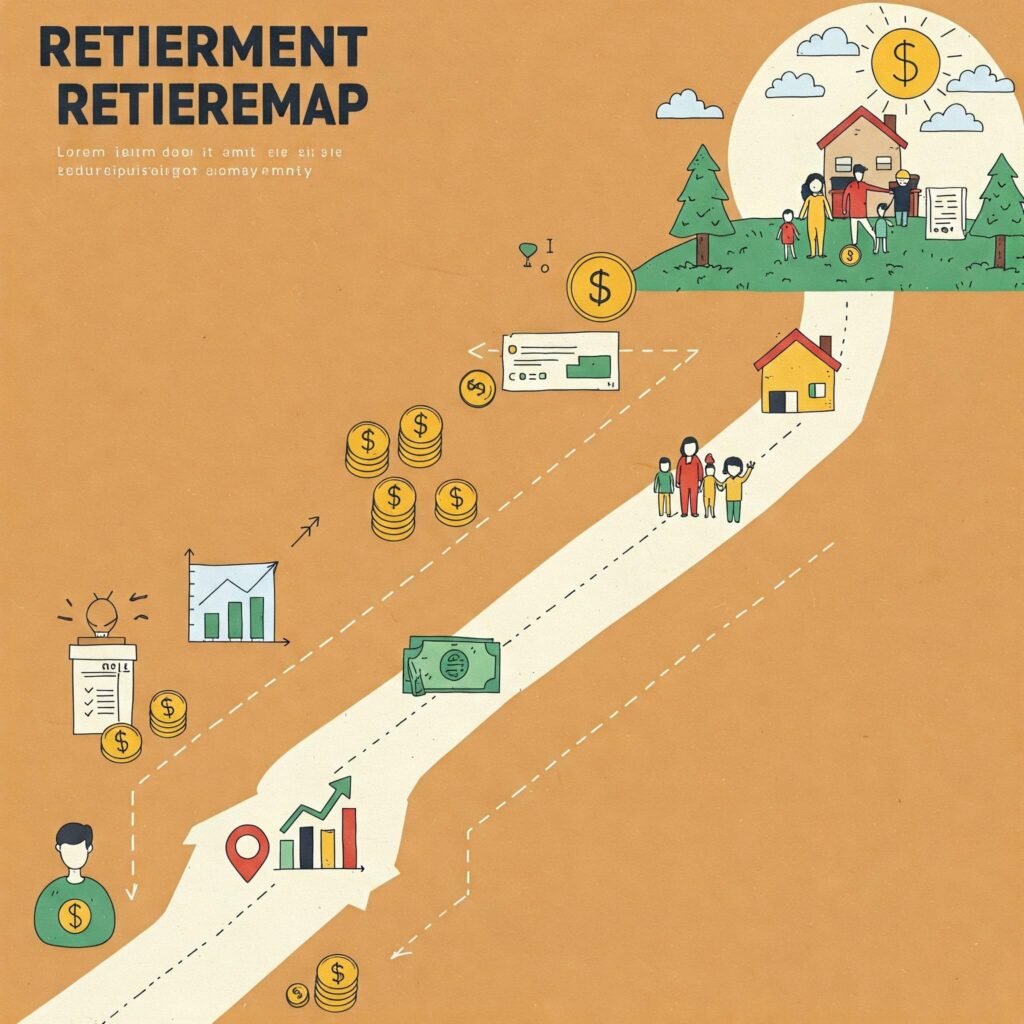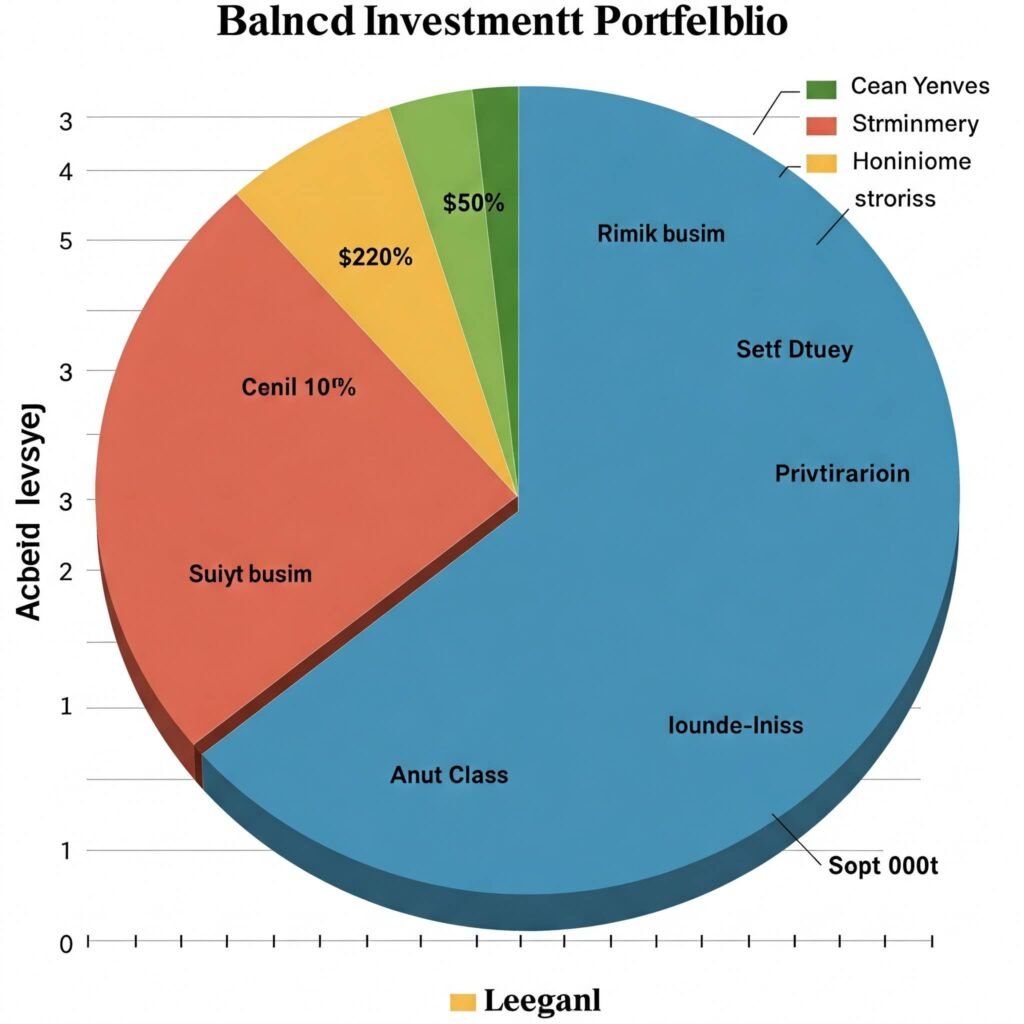Welcome, fellow future-focused individuals! If the thought of retirement brings a mix of excitement and a touch of financial anxiety, you’re in the right place. Planning for your golden years doesn’t have to be complicated or overwhelming. In fact, with the right retirement money planner, you can navigate the path to financial independence with clarity and confidence. This comprehensive guide will serve as the only retirement money planner you’ll ever need, providing you with actionable steps and valuable insights to build a secure and fulfilling retirement.
Why You Absolutely Need a Retirement Money Planner
Think of a retirement money planner as your personal GPS for your financial journey ahead. Without a clear plan, you might find yourself drifting aimlessly, unsure if you’re on the right track to reach your destination – a comfortable and worry-free retirement. A robust retirement money planner helps you:
- Gain Clarity: Understand your current financial situation and project your future needs.
- Set Realistic Goals: Define your retirement aspirations and the costs associated with them.
- Develop a Roadmap: Create a step-by-step strategy to achieve your financial goals.
- Stay Organized: Keep track of your savings, investments, and progress.
- Adapt to Changes: Adjust your plan as life evolves and market conditions shift.

Essential Components of Your Retirement Money Planner
A truly effective retirement money planner encompasses several key areas. Let’s delve into the essential elements you need to consider:
1. Assessing Your Current Financial Landscape
Before you can chart a course for the future, you need to understand your present situation. This involves:
- Calculating Your Net Worth: Determine the difference between your assets (what you own) and liabilities (what you owe).
- Tracking Your Income and Expenses: Understand where your money is coming from and where it’s going. Tools like budgeting apps or spreadsheets can be incredibly helpful here.
- Evaluating Your Existing Retirement Savings: Take stock of your 401(k)s, IRAs, pensions, and other retirement accounts.
2. Defining Your Retirement Goals and Expenses
What does your ideal retirement look like? Envisioning your future lifestyle is crucial for effective planning. Consider:
- Desired Lifestyle: Do you plan to travel extensively, pursue hobbies, downsize your home, or volunteer?
- Estimated Living Expenses: Project your future costs for housing, healthcare, food, transportation, and leisure. Remember to factor in potential inflation. You can use online retirement calculators as a starting point. (Outbound Link: Consider linking to a reputable retirement calculator from a financial institution like Vanguard or Fidelity).
- Healthcare Costs: This is often a significant expense in retirement. Research potential healthcare costs and long-term care options. (Outbound Link: Link to a resource on healthcare costs in retirement from a site like the National Council on Aging).
3. Crafting Your Savings and Investment Strategy: The Core of Your Retirement Money Planner
This is where your retirement money planner truly comes to life. It involves:
- Determining Your Savings Rate: How much do you need to save regularly to reach your goals? Financial advisors often recommend saving at least 15% of your pre-tax income, including any employer contributions.
- Choosing the Right Investment Vehicles: Allocate your savings across a diversified portfolio of assets, considering your risk tolerance and time horizon. Common options include stocks, bonds, and mutual funds. (Outbound Link: Link to an educational resource on asset allocation from a site like Investopedia).
- Understanding Tax-Advantaged Accounts: Maximize the benefits of accounts like 401(k)s, Traditional and Roth IRAs, and HSAs.
- Regularly Reviewing and Adjusting Your Portfolio: The market fluctuates, and your circumstances change. Schedule periodic reviews of your investments and make necessary adjustments.

4. Planning for Income in Retirement: Beyond Your Savings
Your retirement money planner should also consider your income streams in retirement:
- Social Security Benefits: Understand how your work history impacts your potential benefits and when you plan to claim them. The Social Security Administration website is a valuable resource.
- Pension Income: If you have a pension, understand the payout structure and options.
- Annuities: Explore if annuities could provide a guaranteed income stream in retirement.
- Part-Time Work or Consulting: Consider if you plan to work part-time in retirement for income or personal fulfillment.
5. Protecting Your Retirement Plan: Essential Considerations
A comprehensive retirement money planner also addresses potential risks:
- Inflation: Plan for rising costs of living over time.
- Market Volatility: Understand that investment values can fluctuate and have a strategy to weather downturns.
- Longevity Risk: Plan for the possibility of living a long life and needing sufficient funds.
- Unexpected Expenses: Build an emergency fund to cover unforeseen costs.

Making Your Retirement Money Planner Work for You: Actionable Steps
Now that you understand the key components, here are actionable steps to implement your retirement money planner:
- Start Early: The power of compounding is your greatest ally. The earlier you begin saving, the more your money can grow over time.
- Automate Your Savings: Set up automatic transfers from your bank account to your retirement savings accounts each month.
- Increase Your Contributions Gradually: As your income grows, aim to increase your savings rate. Even small increases can make a significant difference over the long term.
- Seek Professional Advice When Needed: Consider consulting a financial advisor who can provide personalized guidance based on your specific situation.
- Stay Informed and Educated: Continuously learn about personal finance and investment strategies.







































